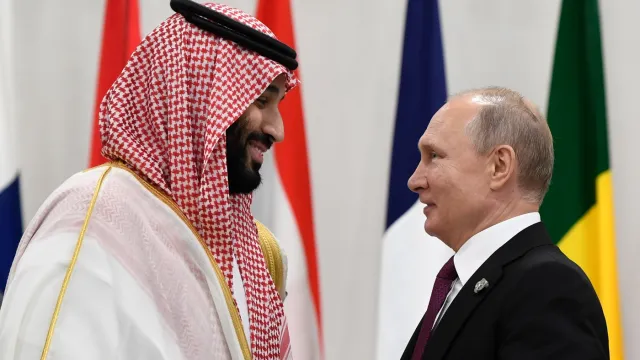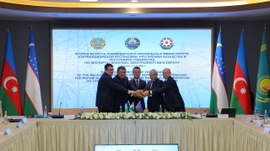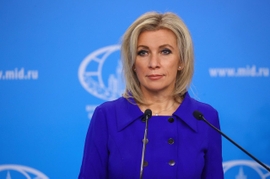On Thursday, some of the biggest oil-exporting countries announced the extension of voluntary supply cuts through September, aiming to support the stability and balance of oil markets.
According to Saudi Press Agency citing a source from the country’s Ministry of Energy, heavyweight producer Saudi Arabia will extend a one million barrel per day voluntary crude oil output cut for the third month in a row.
“In effect, the Kingdom’s production for the month of September 2023 will be approximately nine million barrels per day,” the state-owned Saudi Press Agency said Thursday.
The source also noted that the production cut is in addition to the voluntary reduction previously announced by the Kingdom in April 2023, which extends until the end of December 2024.
This is the second time that OPEC leader Saudi Arabia has extended its voluntary crude output cut, which was first announced in June.
Meanwhile, Russian Deputy Prime Minister Alexander Novak unveiled Moscow’s plan to reduce oil exports by 300,000 barrels per day (bpd) in September.
“Within the efforts to ensure the oil market remains balanced, Russia will continue to voluntarily reduce its oil supply in the month of September, now by 300,000 bpd, by cutting its exports by that quantity to global markets,” Novak said.
Russia, the world's second-largest oil exporter after Saudi Arabia, had earlier pledged to cut its oil production by around 500,000 bpd in August.
Moscow first announced the reduction in February, in response to the introduction of price caps by the West. In addition to Russia, several OPEC and non-OPEC oil producers, known as OPEC+, also announced voluntary production cuts. These nations include Kazakhstan, Saudi Arabia, the United Arab Emirates, Iraq, Kuwait, Oman, Algeria and Gabon.
The biggest oil-exporting countries declared an additional reduction of around 1.66 million bpd in oil production, which was set to take effect from May until the end of this year. OPEC+ pumps about 40 percent of the world’s crude.
The OPEC+ leaders have decided to implement a production cut outside the confines of a formal group meeting. This move comes despite a substantial 14 percent surge in oil prices throughout July, bringing them close to the $85 per barrel mark. Following the announcement, the global benchmark, Brent crude, experienced an almost 2 percent uptick, reaching $84.75 per barrel on Thursday afternoon.
The Gulf state first announced its one-million barrel cut during the June meeting, where Riyadh also said it would extend a production cut of 500,000 bpd — first announced in April — to the end of next year. This decision was made when crude prices had previously experienced a significant decline, falling from highs of $130 per barrel in March 2022 to around $75 per barrel. Saudi Arabia extended the production cut to cover the month of August as well.







 Iran is moving to fortify its eastern border with Afghanistan in a bid to fight illegal migration and drug trafficking, along with enhancing security.
Iran is moving to fortify its eastern border with Afghanistan in a bid to fight illegal migration and drug trafficking, along with enhancing security.
 Maria Zakharova, the spokeswoman for the Russian Foreign Ministry, has firmly stated that Russia categorically rejects any suggestion of exchanging...
Maria Zakharova, the spokeswoman for the Russian Foreign Ministry, has firmly stated that Russia categorically rejects any suggestion of exchanging...
 As of April 27, additional 48 bodies were unearthed in the liberated lands of Azerbaijan, bringing the total count of discovered remains to over 600.
As of April 27, additional 48 bodies were unearthed in the liberated lands of Azerbaijan, bringing the total count of discovered remains to over 600.



